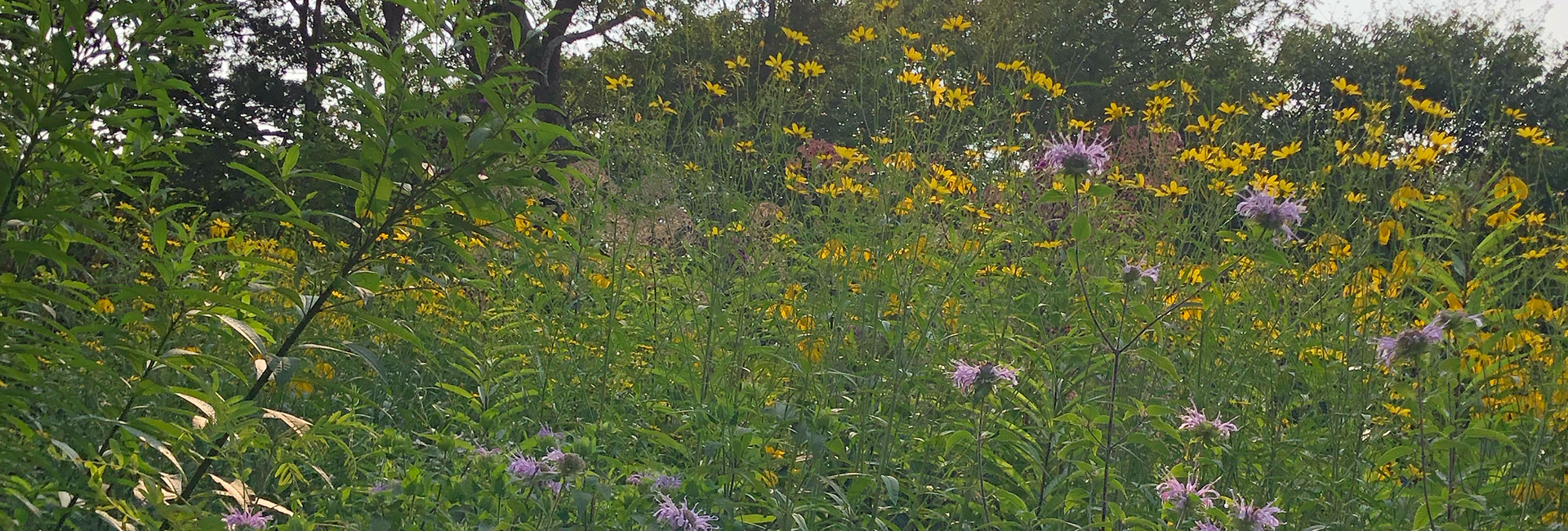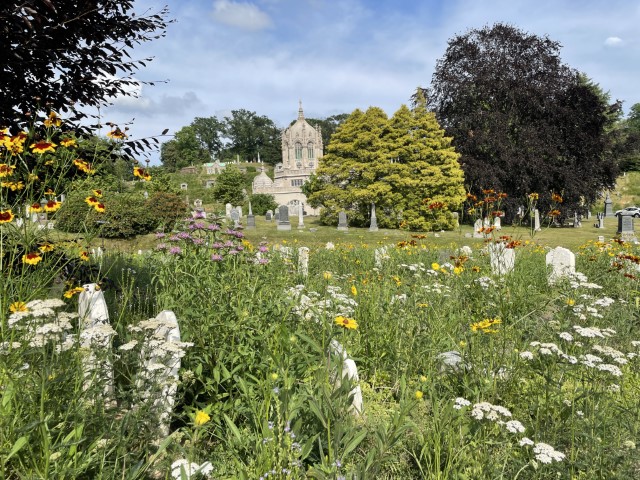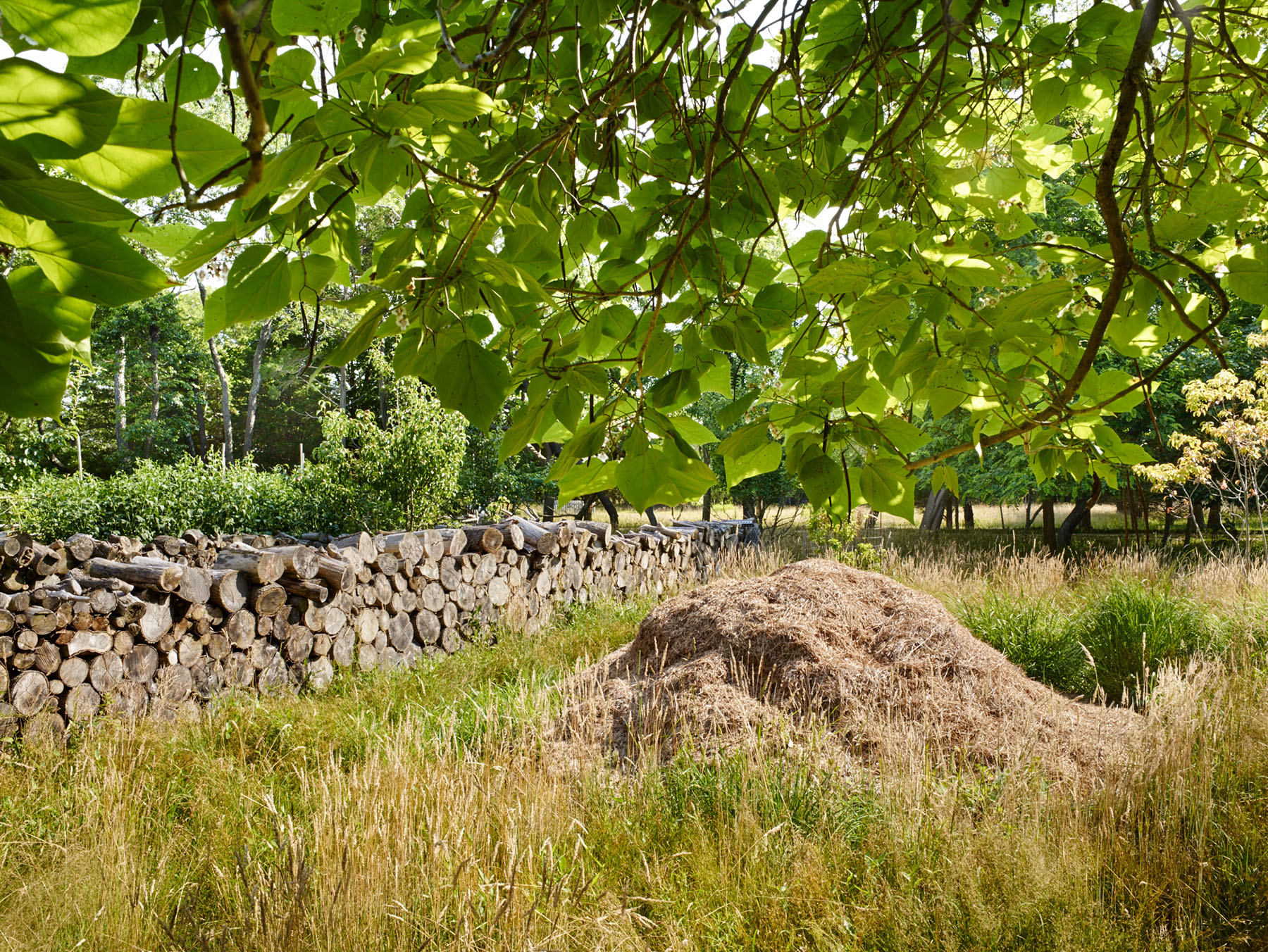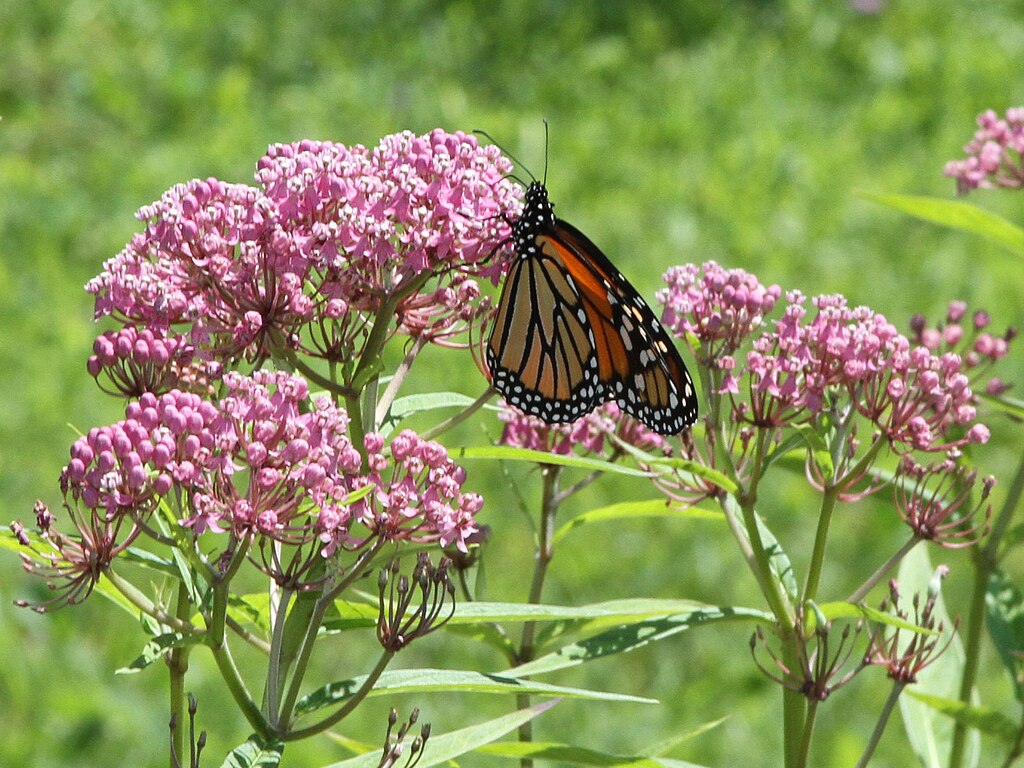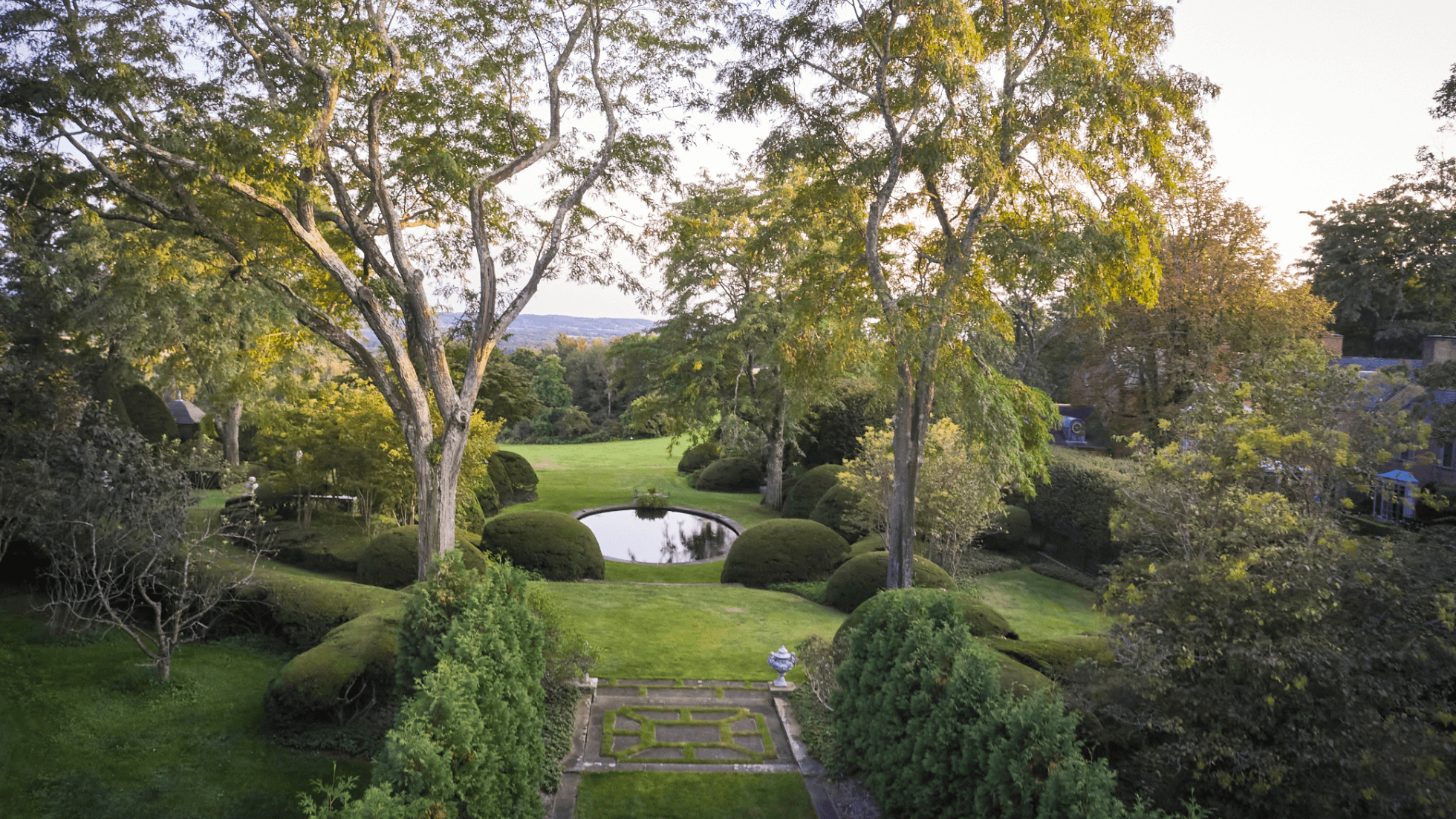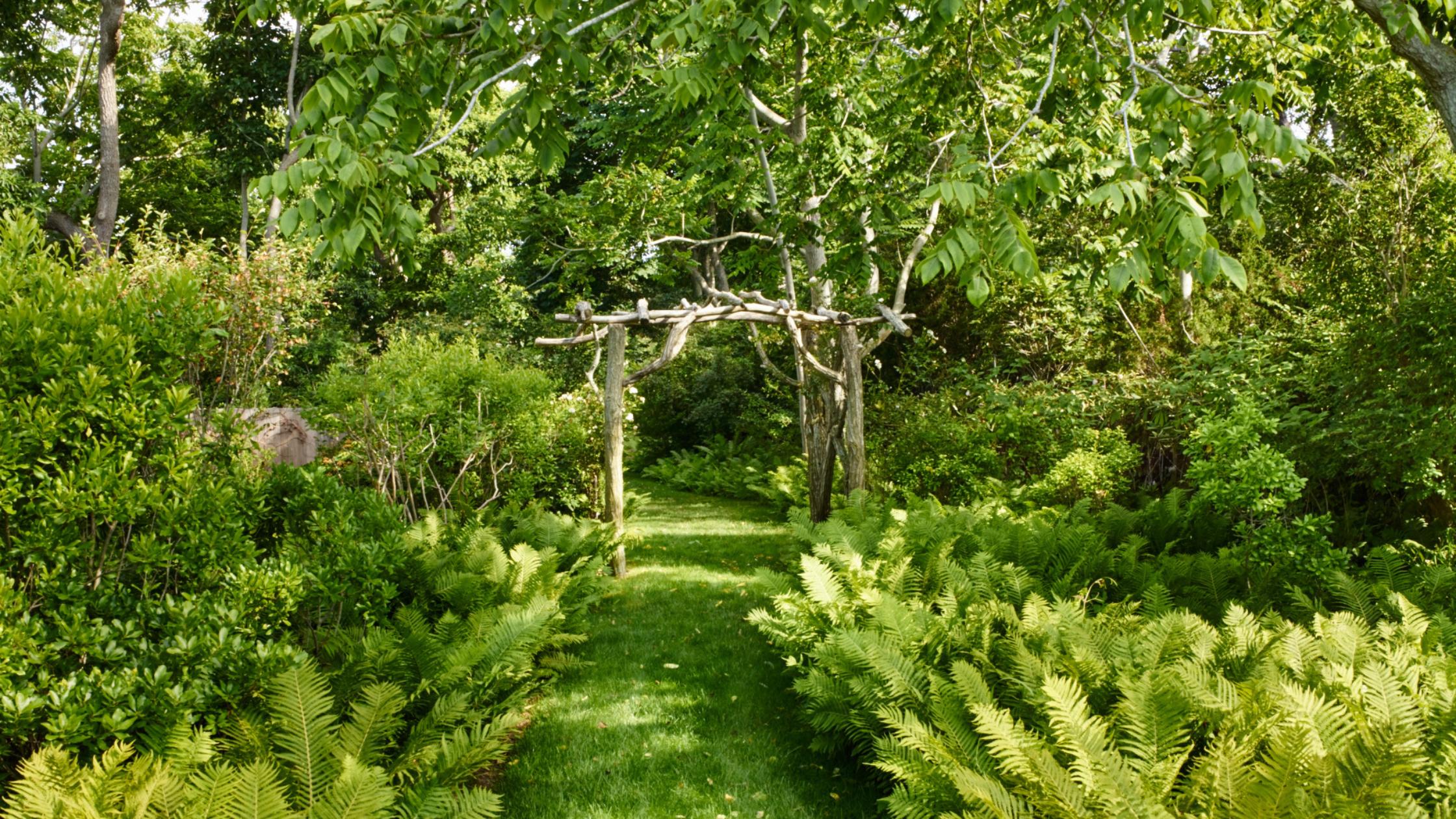
If you use a landscaper for the maintenance of your property, the beginning of the year is contract renewal time. Of course you are probably starting this year anxious about your health and the environment and you aren’t sure whether signing up for a weekly dose of noise and poison in your yard is the best thing to do. It just doesn’t quite feel right, which adds to your eco-anxiety. But instead of worrying more, you could use this moment to do good. Guaranteed good for the environment, and super healthy for you and your family.
You just need to ask your landscaper to do things a bit differently by switching to nature-based practices. He/she may not know how, and chances are, you don’t know either. So who does know? Sadly, there are very few nature-based landscapers, and there probably isn’t anyone better for you to hire than the one you have got. So unless they flatly refuse to try, don’t fire them. Let’s engage and train the ones we’ve got, and send the message out that this is the future of land care. It is healthier for them too.
Everything you need to get started is in our PRFCT LeafLet Basics of Nature-Based.
What is nature-based? Here’s the nutshell: Healing, not Harming. Let nature do the nurturing.
- No toxic fertilizers or insecticides. Fertilizers overstimulate plants and make them susceptible to disease. The right plant for your soil, doesn’t need them. Insecticides are not target specific, they kill beneficial insects and soil organisms. You don’t depend on your landscape to eat, so why not share it with a host of wonderful life forms that could find refuge there?
- Retain, recycle and reimagine all biomass. Keep what your property produces (grass clippings, leaves, twigs, weeds, etc.) and feed it back to the soil. It is the food your place made for itself. Better than anything you can buy, and without the carbon footprint. (See PRFCT Lawn Basics for more).
- Plant at least 2/3 native plants. Plants did fine without us humans for eons, so if you plant the ones that evolved in your conditions, they will still be fine with very little from you. Plus, they provide just the right food and shelter for local birds and pollinators. (See 2/3 for the Birds for more).
- Avoid and remove invasive plants. Get to know which plants are invasive. (See the Invasive Plant Atlas for more). Don’t buy them. Remove and replace any you have already got. (See Beyond Pesticides for more).
- Water properly. Very seldom. Very deep. Over-watering is one of the most common landscape malpractices. It leads to a wide range of plant and soil problems and promotes tick and mosquito populations.
- Minimize pruning. Every cut is a wound. Plant with plenty of space for trees and shrubs to grow to their natural shapes. Leave deadwood and standing dead trees, unless positioned dangerously, they provide unique food and nesting opportunities.
- Relax and enjoy. Your landscape is not your living room; forcing it to be tidy, clipped, and fixed in time is “dead room.” Let it be alive; always changing and creating new surprising delights for you.
- Keep in mind, your landscaper doesn’t necessarily know any more about this than you do. So make sure he/she understands that this is an adventure in earth friendly relationships and as long as they are willing to truly commit to the practices, you will be happy. It is a whole new way to relate to your land.
- Hooray, eco-anxiety reduction in action! You are doing something unquestionably good for the earth. (Not to mention yourself, your family, and your pets). Once you get started, you will find there was nothing to fear. It is all fascinating, joyous, and beautiful.
- If you encounter some problem that makes you want to give up, contact me: edwina@perfectearthproject.org
- Suggestion: Watch as your nature-based landscape supports more and more birds and pollinators. Start recognizing and recording them on iNaturalist and eBird, and become part of a global network of citizen scientists.
- Next month: Help me prepare for Biomass Part 2. Send me your composting concerns. If you aren’t composting, why not? If you are, what worries you? Write me: edwina@perfectearthproject.org
- Bonus: All you ever wanted to know about climate change.
Photo by Allan Pollok-Morris
